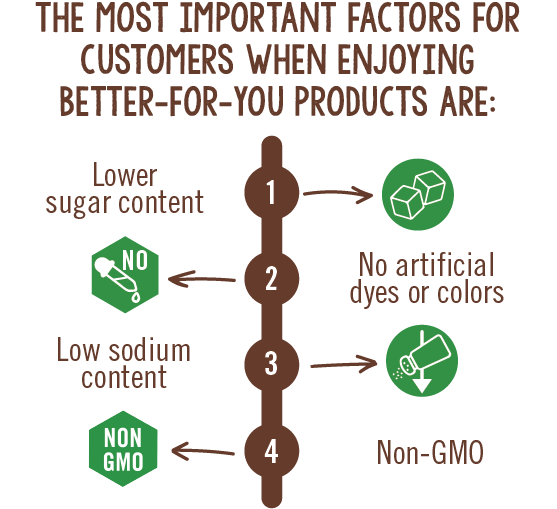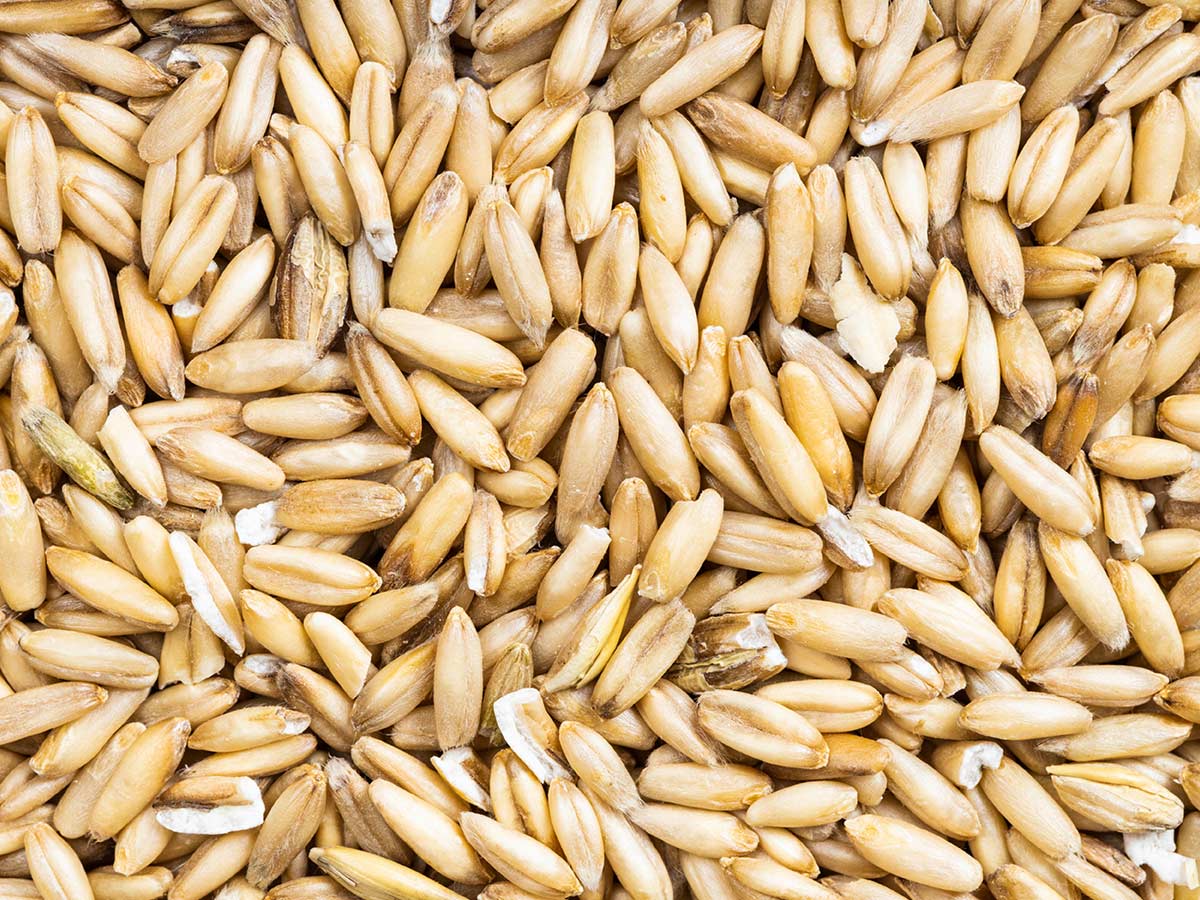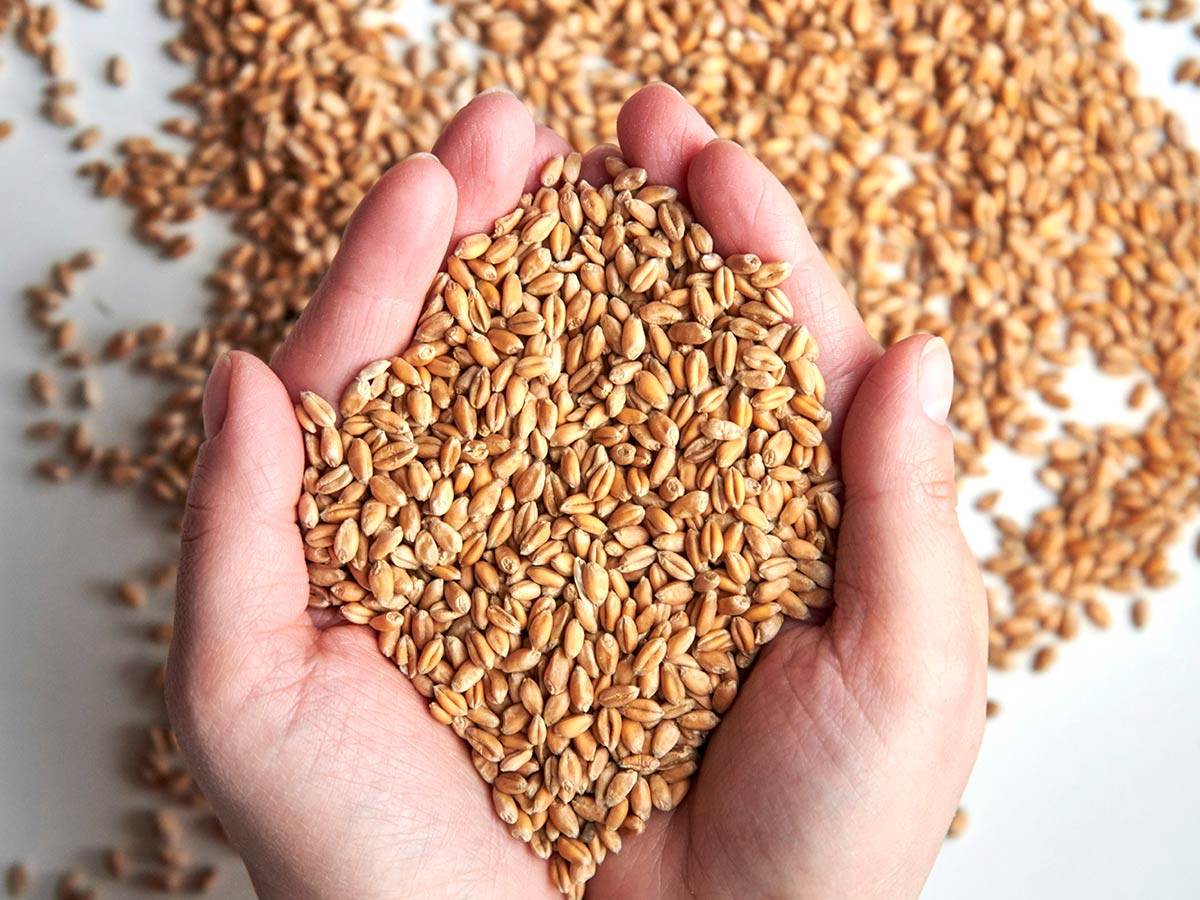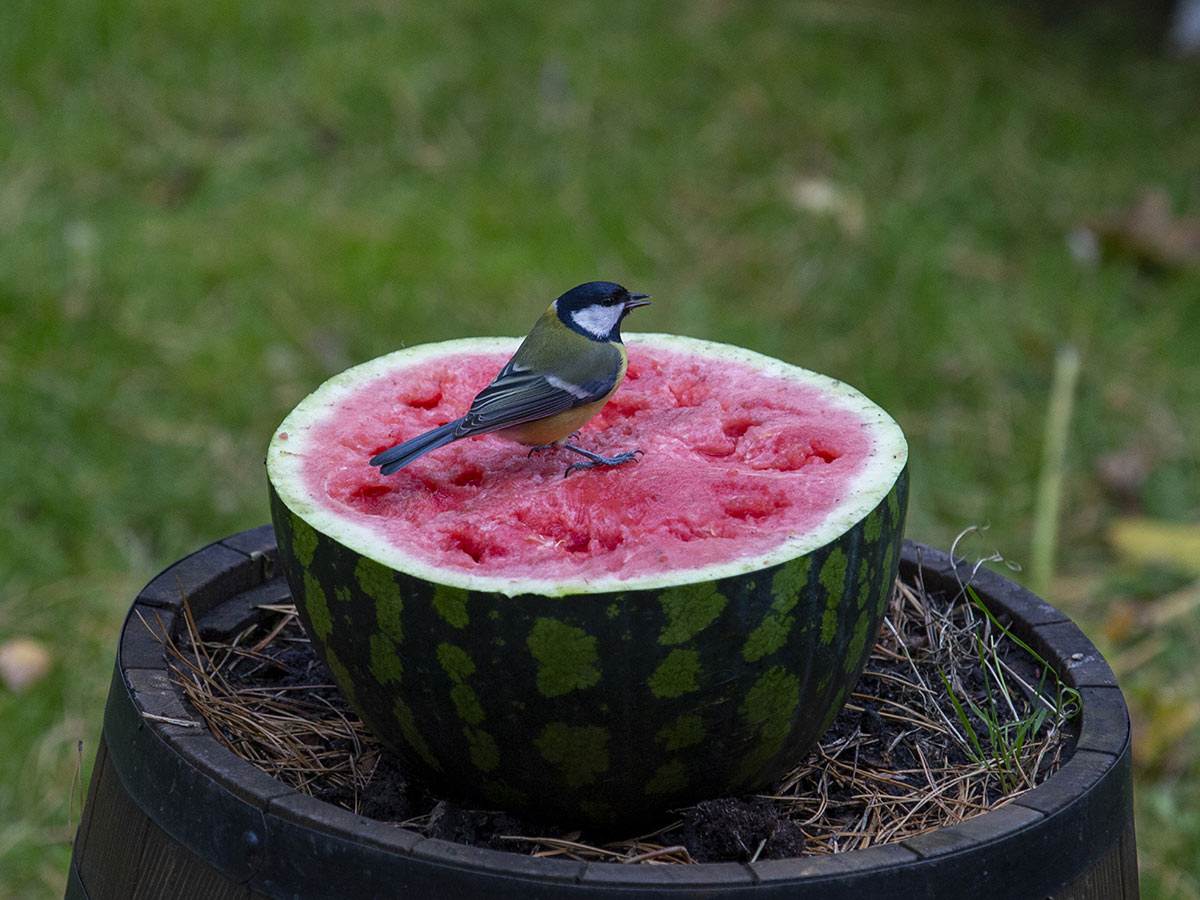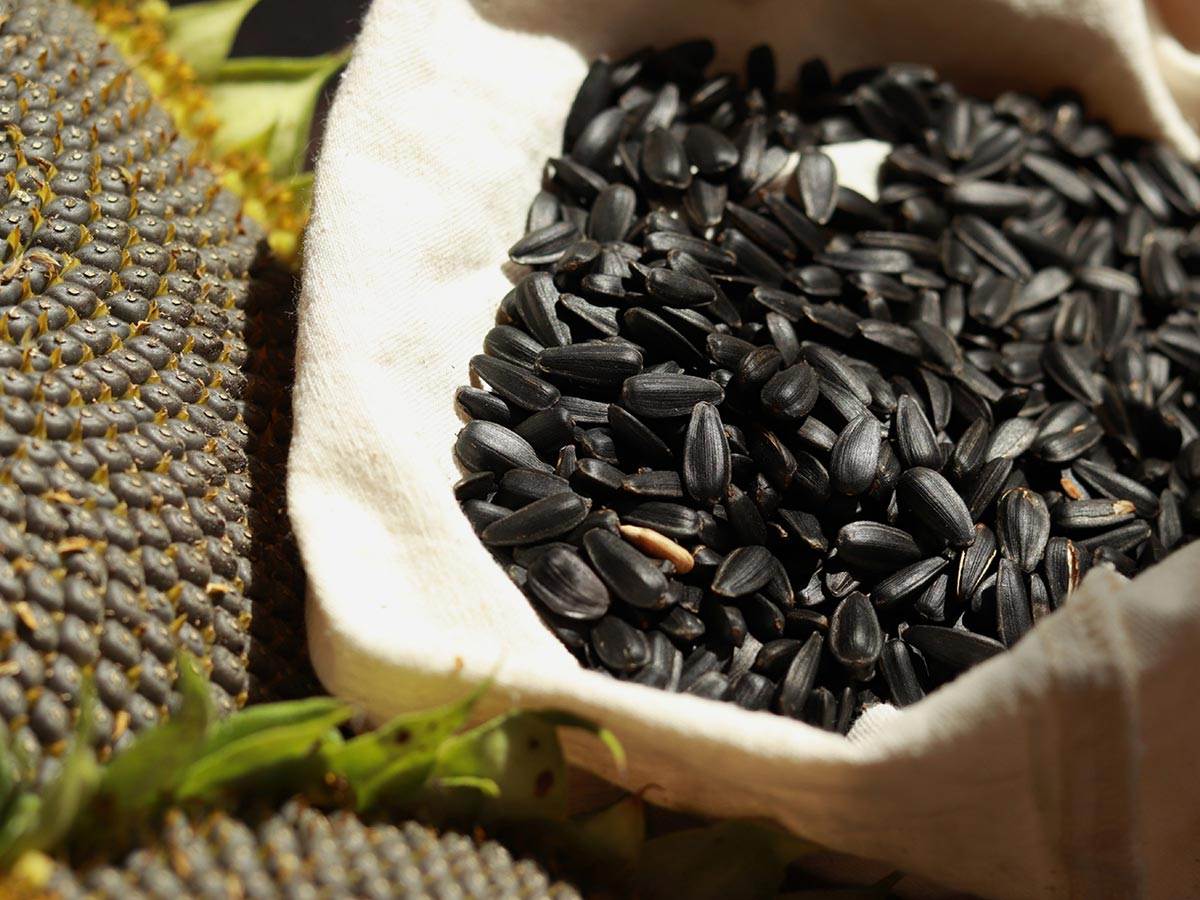Birds and bananas Ė not the combination youíd expect yet surprisingly effective. While bananas are more famous for being the iconic source of nutrition for our favorite primates Ė monkeys, it is less known that some birds love them....
Birds and bananas Ė not the combination youíd expect yet surprisingly effective.
While bananas are more famous for being the iconic source of nutrition for our favorite primates Ė monkeys, it is less known that some birds love them.
The usefulness of bananas is truly incomparable due to their availability and their sheer use in almost all types of foods, from custards to banana bread.
Although the latter may not be something you would want to feed your bird, weíve learned from our past mistakes.
In this article, we will discuss everything you need to know about bananas before adding them to your birdís diet!
Are Bananas Safe for Bird Consumption?
This elongated, yellow fruit is rich in nutrients that are essential for humans.
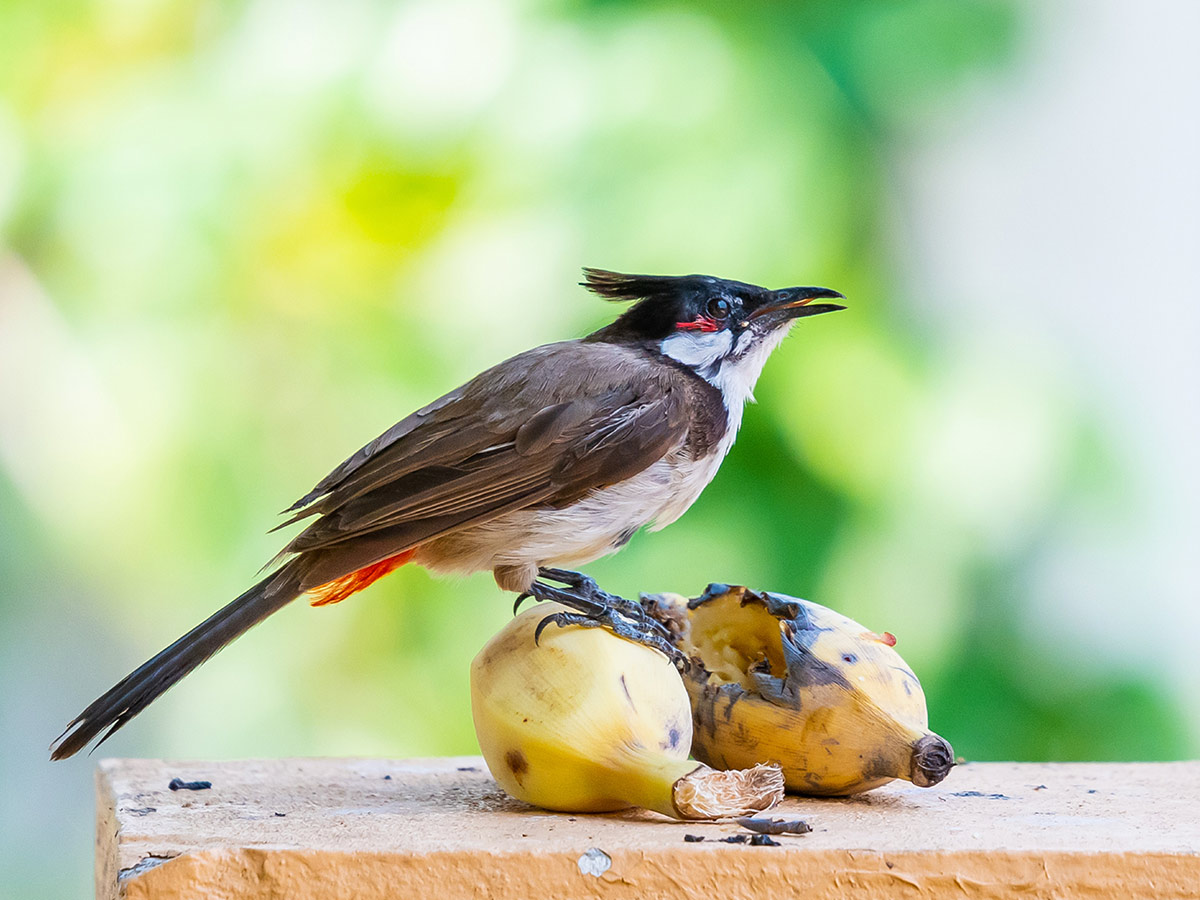
The high amounts of fiber paired with its low-fat content and low calories make it an ideal addition to any humanís diet.
Is it the same for birds though?
Yes! In moderation, this is the ultimate treat for your bird as they enjoy the soft and supple texture and its nutrient-rich qualities make it highly beneficial for your larger birds, the smaller ones, well not so much.
Let us peel down the walls and peer into the benefits of this yellow treasure.
What Are the Benefits of Bananas for Birds?
What are the mysteries of this fruit? What makes it so good for not only humans and primates alike but also birds? Well, fear not, all your questions shall be answered.
1. Abundance of Antioxidants
Antioxidants are molecules that fight the free radicals in your body, you could call them the human bodyís molecular warriors.
Bananas contain several antioxidants including flavonoids and amines which are linked to numerous health benefits. From reducing the risk of heart disease to lessening the chances of macular degeneration.
The consequences of not consuming enough antioxidants are dire as it would allow the free radicals to build up within your body and cause harm if their levels become high enough.
Well, this is also a reminder for you to consume enough antioxidant-rich fruits and vegetables, so why not start with bananas?
2. Packed With Potassium
Potassium, our favorite mineral, one that we all know a banana is full of is integral to a human diet.
But did you know that birds need it too? Yes, bird owners, potassium is as essential to birds as it is to us.
Potassium poses many benefits, but in the case of birds, the two primary ones are improved heart health and better muscle fluidity, and overall muscle health.
A potassium-rich diet lowers blood pressure, significantly reducing any risk of hypertension.
Potassium imbalance can cause an intracellular electrolyte imbalance that is the basis for all metabolic diseases.
So, long story short, potassium makes it to the all-star team of nutrients and is an absolute must-have in your birdís diet.
3. Teeming with Magnesium
Magnesium is like that one friend who not only finishes his work but also helps you with yours.
It is an essential mineral in its own right, it serves like a loyal soldier, ensuring nerve, digestive, and reproductive health.
But thatís not all.
Magnesium also acts as a crucial agent in calcium cycles. Itís like a sentinel, instructing the calcium, herding it alongside other minerals, and guiding them to be stored deep in the bones first.
From the bones, the calcium becomes viable and can be broken down. Find yourself a good friend like magnesium, well one whoís slightly less reactive.
4. Munch of Manganese
Manganese, as fun as it is to say this word repeatedly in your head, letís delve into just how crucial it is to a bird.
It helps in bone formation and proper skeletal growth, which is essential for their flight, movement, and overall structural support.
Manganese is involved in the production and activation of reproductive hormones in birds. It supports optimal reproductive health, contributing to successful breeding, egg-laying, and overall fertility.
Although bananas arenít abundant with manganese, they are still enough for your average cockatiel!
Now then, shall we move on from the estranged lands of manganese? Yes, please!
5. Dense in Dietary Fibers
Fiber is the most bona fide abundant thing in bananas. Dietary fiber helps promote healthy digestion in birds. It adds bulk to their diet and can aid in the passage of food through the digestive tract.
Fiber can improve nutrient absorption in birds by slowing down the digestion process. This allows for better utilization of nutrients present in other foods they consume, leading to improved overall nutrition.
Fiber-rich foods can help birds maintain a healthy weight. The bulkiness of fiber-rich foods can create a feeling of fullness, which can help prevent overeating and promote weight control.
6. Vitamins
Minerals and fibers arenít all that a banana has up its sleeve, it is also rich in good old vitamins. We know just how important they are right? So let us see which vitamins bananas contain.
a. Vitamin C
I know, I know, most birds produce their Vitamin C. It plays an essential role in the health and well-being of birds, just as it does for humans and many other animals.
Vitamin C is necessary for synthesizing collagen, a protein that forms the structural framework for many tissues in the body.† It also helps in wound healing, maintaining healthy skin and feathers, and supporting the structure of various organs.
†It enhances the production and function of white blood cells, which are crucial for fighting off infections and diseases.
The list goes on and on and I could keep droning on about them for an eternity. So it would be wiser to move on to the other, less exciting, but equally important Vitamins.
b. Vitamin B6
Vitamin B6, also known as pyridoxine, is found in bananas in significant amounts. Vitamin B6 plays a crucial role in various bodily functions, including metabolism, immune system function, and the synthesis of red blood cells. It also helps support brain development and function.
c. Vitamin B9
Bananas contain a moderate amount of folate, which is also known as vitamin B9. It is particularly crucial during periods of growth, reproduction, and tissue repair.
d. Vitamin B5
Another B vitamin present in bananas is vitamin B5 or pantothenic acid. This vitamin is involved in energy production, hormone synthesis, and the metabolism of carbohydrates, proteins, and fats.
Phew! That list was bananas. Who knew there were so many benefits to eating bananas?
Well, now that we know the benefits, let us explore what parts and types of bananas you can feed your bird.
Can Birds Eat Banana Peels?
Banana peels, this is a big no. Whatever you do, never feed your bird the banana peels. This is a crime up there with the cardinal sin of feeding your bird avocados. Well, I might be stretching it a bit, but still! Donít feed your bird the banana peels.
Most banana peels have been treated with pesticides and are therefore harmful to birds.
Not only that, the vast amounts of cellulose are tough to digest for the birds and can cause gastrointestinal issues.
How to Add Bananas to Your Birds Diet?
You can serve the bananas any way you want without the peel, you can slice them up, cut them lengthwise or even serve them whole. Just donít serve banana chips as they are a serious choking hazard.
Always introduce new items gradually and keep an eye out for any negative reactions in your bird. While bananas are generally safe for birds, itís important to remember that they should be part of a varied and balanced diet.
While bananas can be a healthy addition to your birdís diet, they should be given in moderation. They should not constitute the majority of your birdís diet. Offer bananas as an occasional treat or as part of a varied fruit selection.
Frequently Asked Questions
Even though we covered everything you need to know about bananas, there still may be some queries. Hopefully, this section will resolve all your concerns about feeding bananas to birds!
Can Wild Birds Eat Bananas?
Birds love bananas! Some birds will hunt down ripe bananas and other tropical fruits in the wild and eat them as part of their diet.
Can Baby Birds Eat Bananas?†
Baby birds can indeed eat bananas but you need to make sure that they are cut into small pieces to make it easier for them to eat.
Can Birds Eat Banana Peels?
As I have stated above, this is an absolute and unwavering no! The birds simply cannot digest the peel due to the excess cellulose.
Can Birds Eat Banana Bread?
Banana bread is also something that birds should not eat due to the high amounts of sugar and other ingredients that just arenít part of a birdís natural diet.
Can Birds Eat Banana Chips?
Once again, banana chips are also a big no! They pose a serious choking hazard to the birds and thus, should never be fed to them.
Final Remarks
Bananas are not only for monkeys or humans; it is a fruit that is highly nutritious for birds. However, the sugar it contains is a bit high and should be fed to your bird in moderation.
It is an excellent fruit to implement into our precious little avian diets.



